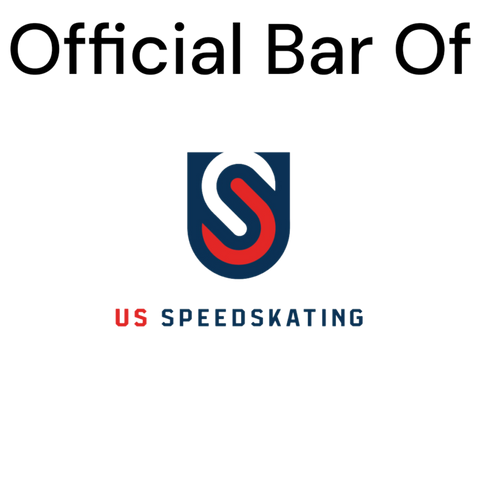
The stock response these days to the question, "hey, you how doing?" is "Busy!" "Crazy busy." Instead of it being a complaint, it's almost turned into humble brag. We're busy because of our own self-ambition, drive and addiction to achievement. We work. A lot. In fact, America has been named the most overworked developed nation in the world.
Americans work 137 more hours per year than Japanese workers, 260 more hours per year than British workers, and 499 more hours per year than French workers. To be sure, there is nothing wrong with working hard. However, when work and achievement aren't managed well, the consequences can be costly. "Overwork is this decade's cocaine" says Bryan Robinson who has written exteisnvely on the subject and claims that nearly 25 percent of Americans experience an over-indulgence in work. It's turned into a problem without a name. Self imposed goals that are nearly impossible to achieve, long hours with little rest, working holidays and weekends, high pressure work that never ceases, a lower capacity to regulate lifestyle habits, and a severe exclusion from normal life activities are all outcomes from being overworked. But there's a hidden cost that comes with overwork that also carries a bit of irony as well. Working hard and pushing yourself to the edge isn't what produces burnout, impaired performance, lowered productivity, and physical breakdown, but it's the duration of work without intermittent recovery that causes the collapse. In the weightlifing world, to build capcity to life more weight, you must systematically expose yourself to more stress, followed by adequate recovery. Pushing your muscles past its current limits promotes supercompenstation. When faced with a stress that exceeds the muscles current strength level, teh body responds by buidling more muscel fibers in anticpiation of the next training session. The same is true in your work life. In order to build capacity to be more productive and increase performance, you must stretch your efforts to accomplish something challenging and worthwhile. Then, follow it up with adequate recovery to ensure that your body (and mind) are restored in anticipation for the next stimulus. At all levels, we grow in our capacity by pushing beyond our limits, and then recovering. The problem is that we are all "push" most of the time and little to no recovery. What the driven, achievement focused individual typically avoids (recovery), is the exact thing needed to progressively increase performance. As Carl Honore, the author of In Praise of Slowness, put it:
Speed can be fun, productive and powerful and we would be poorer without it. What the world needs, is a middle path, a recipe for marrying la dolce vita with the dynamism of the information age. The secret is balance: instead of doing everything faster, do everything at the right speed. Sometimes fast. Sometimes slow. Sometimes in between.We know how work hard and expend energy beyond our normal limits. But maybe it's time to embed recovery into our work; allowing us to be fully engaged, effectively productive and continually improving at our craft whether it be in the office or on the platform. Here are 6 great (and practical) resources to help you unplug, relax and reset your system.
Books
Thrive Arianna Huffington is the poster child of busyness. She woke up one day on the floor wiht a broken cheekbone and huge gash over her eye. The cause? The fall was brought on by exhauhsation and lack of sleep. She realized that there is more to success than just earning more money or building a larger empire. She highlights that moeny and power, the two catalyst to our overworked nation has led to the burnout, chronic stress and and lifestyle related disease that we are facign today. Essentially the pursuit of more work leads to the erosion of our relationshipos, family life, heallht and iroicaly careers. In her book, Thrive, she pulls from the latest reserach in sports, physcaholgy, sleep and phsiogoty to show how meditation, unplugging, rest and giving can turn your life around if you've found yourself chasing a finish line that doesn't exist. Thrive gives you the road-map to get your life back AND succeed at the same time. Mindfulness With overwork comes a mind that never sleeps. Everyday life becomes so frantic it can feel like we've lost control of even our own minds. We want to be happy, but often, in the midst of chasing happiness we forget the joy is in the present moment; not in the account your trying to secure or they sale you're trying to make. Based on the techniques of Mindfulenss-Basded Cognitive Therapy, Mindfulness delivers an easy to understand program that lends to a life that's less anxious, less stressful and less exhausting. In just 10 to 20 minutes a day, you'll reap the benefits of a mindfulness meditation practice I need to unplug Journal When you can't pick up and head to a retreat for 30 days, the "I Need To Unplug Journal" is a great alternative. Dubbed by the authors as the equuvalnt of a "mountain retreat withtou electcirity," the journal comes equipped with creative prompts, inspirational quotes and pletny of space to realease as much or as little as you'd like on one page.



